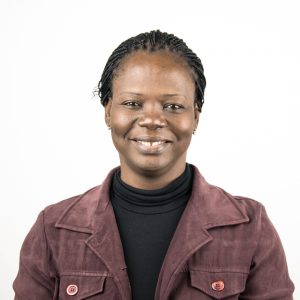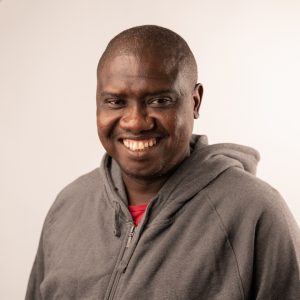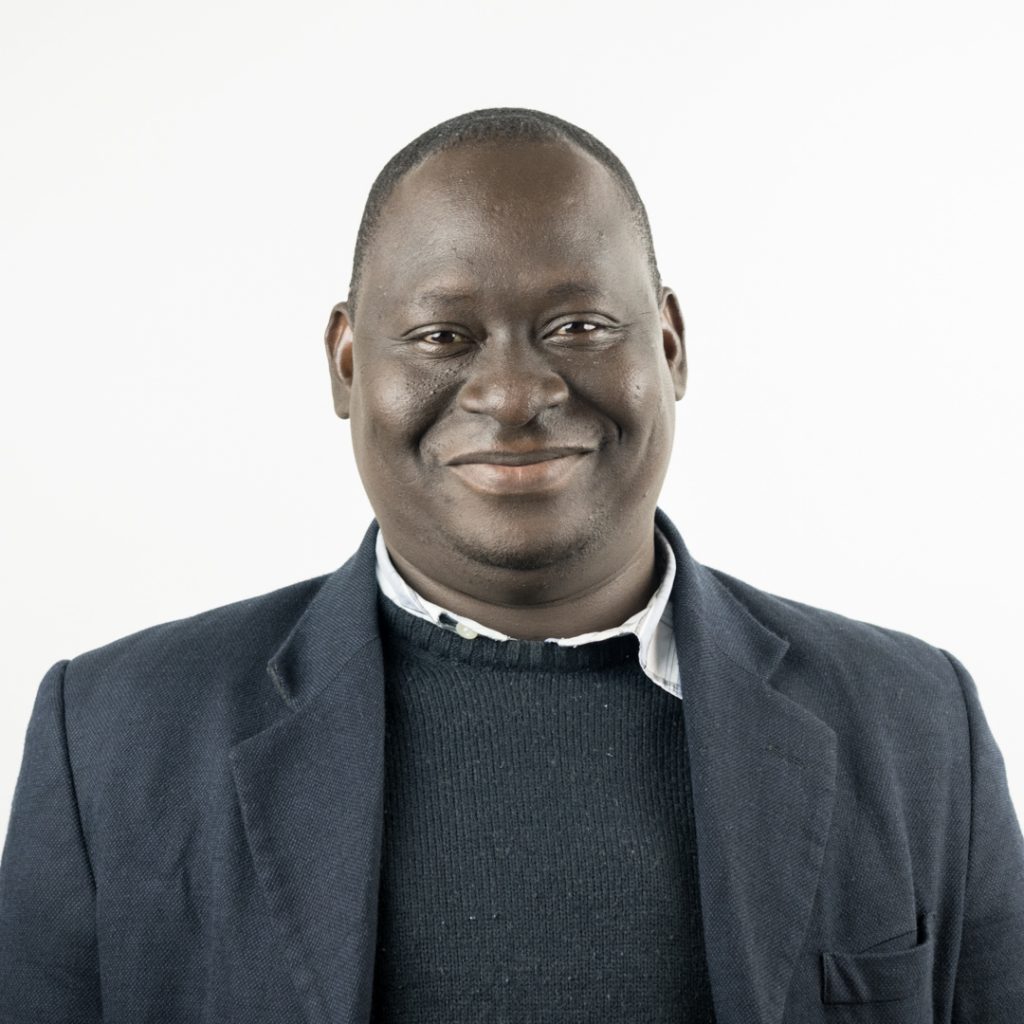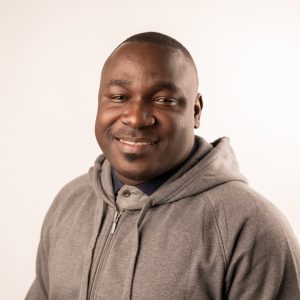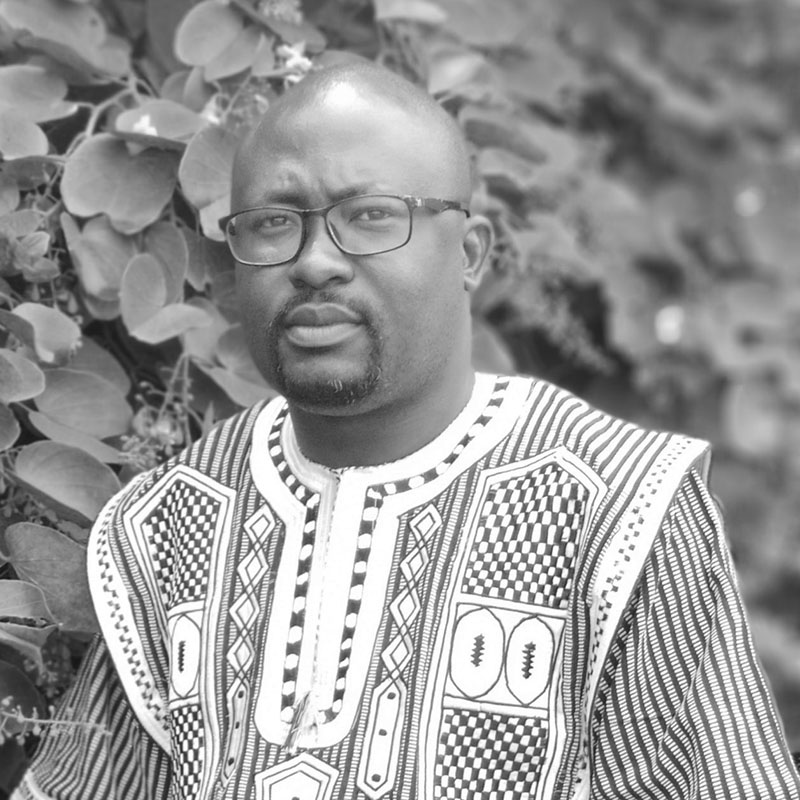West Africa
ERIKS Development PartnerERIKS work in the West Africa region
In West Africa ERIKS is working in three countries: Burkina Faso, Mali, and Benin. We work in partnership with local organisations using an integrated approach, strengthening children’s rights to education and leisure, health, and protection. Climate change is visible in the region with for example recurrent droughts. Another common challenge in the region is insecurity, linked to armed conflicts. Therefore, our interventions include disaster risk reduction and resilience strategies. We also respond to humanitarian crises when they touch countries in the region.
Our operations are managed by our regional office in Ouagadougou, Burkina Faso and with staff also located in Benin and Mali.
In Benin, ERIKS’ focus on promoting the rights of children to quality and inclusive education, the right to protection through the strengthening of community child protection mechanisms and the right to grow up in good health through the promotion of sexual and reproductive health and rights, the improvement of the nutritional health of children and the fight against preventable diseases. We also aim to strengthening the resilience of vulnerable households in the face of harmful effects caused by climate change.
Despite the results achieved by ERIKS and its partners in recent years as well as efforts of the government in relation to the establishment of several legal instruments to realise the rights of the child, there is still much to do. Concerning the right to inclusive and quality education, the low enrolment and retention of children, particularly girls, in schools and the high rate of secondary school dropouts as well as the low inclusion of children living with disabilities are major concerns. For the right to protection, violence against children and gender-based violence is noticeable throughout society as well as economic exploitation of children and the weak functioning of protection mechanisms. The harmful effects of climate change on households are also seen where already vulnerable households are becoming even more vulnerable and the insecurity in the North and the risk of recruitment of young people and children into unidentified armed groups are high.
In Benin ERIKS is working in the south and northern parts of the country, notably the districts of Ouémé, Alibori, Atacora, and Borgou. ERIKS implements its interventions in close collaboration with four local partner organisations as well as district and local state authorities. Through our interventions ERIKS has contributed to making community child protection mechanisms functional and operational to prevent and respond to child protection issues in its areas of intervention. Also, the joint efforts have made it possible to note the reduction of cases of child abuse in the villages due to the involvement of social promotion centers, local authorities and police and improving children’s knowledge of their rights.
ERIKS’ efforts in Burkina Faso, is focused on the most marginalized and vulnerable children. The rights of the child to health, protection and education are primary focus areas as well as improved resilience of vulnerable communities and combatting sexual violence, child marriages and Female Genital Mutilation (FGM).
In 2014, the country experienced an uprising, ending a twenty-seven-year regime. This was followed by a political transition which led to peaceful elections in 2015, thus opening a new democratic era for the country. Unfortunately, since 2016 this positive dynamic in which the country has embarked is seriously tested by a constantly deteriorating security situation. Progress is visible in national policy making within child protection and local child protection mechanisms. At the same time, there are huge remaining challenges, such as weak enrolment rates and high dropouts, sexual violence, child labour, early and forced child marriages and undesired teenage pregnancies. Main reasons behind these problems are extreme poverty of households in rural areas, weak revenues of rural municipalities, low awareness about child rights and about sexual and reproductive health and rights. With more than 2 million Internally Displaced People (IDPs), 52% of whom are children, Burkina Faso is a country with enormous humanitarian needs caused both by conflicts and the impacts of climate change.
ERIKS is currently working with four local partner organisations in the North, North Central, Eastern, Central Eastern and Cascades regions. These areas are also increasingly exposed to climate change, degradation of soils and recurrent droughts. In the North Central Region, which is one of the regions hosting the largest number of IDPs, ERIKS intervenes through humanitarian response focusing on Child Protection in Emergency (CPiE) oriented towards triple nexus approach perspective. Through our interventions we have seen improved child protection structures where duty bearers play their roles in a better way in promoting and protecting the rights of the child. Through child clubs or child councils, children learn about their rights and how to report if these rights are violated. Another key strategy proving successful is the promotion of income-generating activities to reinforce the resilience of vulnerable households and enable them to pay for schooling and health care of their children.
In Mali our primary goals include strengthening the access of vulnerable and excluded girls and boys under the age of 5 to quality health care, protect children, particularly girls, from harmful practices and strengthen their capacity to make autonomous, free and healthy choices regarding their sexuality, reproduction and relationships, economically strengthen vulnerable and excluded households, particularly those affected by the humanitarian crisis, and promoting Education in Emergency situations (EiE), Child Protection in Emergencies (CPiE) and child nutrition linked to food security.
In recent years, progress has been noted in the work of ERIKS and its partners in the fight against violence against children including Female Genital Mutilation (FGM), early marriages and the right to quality and inclusive education. However, national legislation against FGM is still lacking. Widespread child marriage and harmful child labor are further obstacles to children’s rights to protection, health, and education. The state’s capacity to provide basic social services, particularly in rural areas, is weak. This is partly linked to the insecurity that reigns in the north and center of the country.
In Mali, we are working in close collaboration with four local partner organisations as well as district and local state authorities covering the municipalities of Bougoula, Dialakoroba, Monimpébougou, Boky-Wèrè, Macina, and Dagabala. Through our interventions ERIKS has contributed to the reduction of abuses against children, particularly FGM, and further giving out-of-school children a new chance to return to class and enjoy quality and inclusive education.
Strategies
Burkina Faso
Regional Office in Ouagadougou, Burkina Faso
ERIKS Regional Office
Ouagadougou, Burkina Faso
